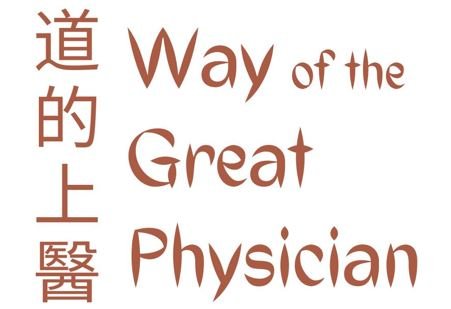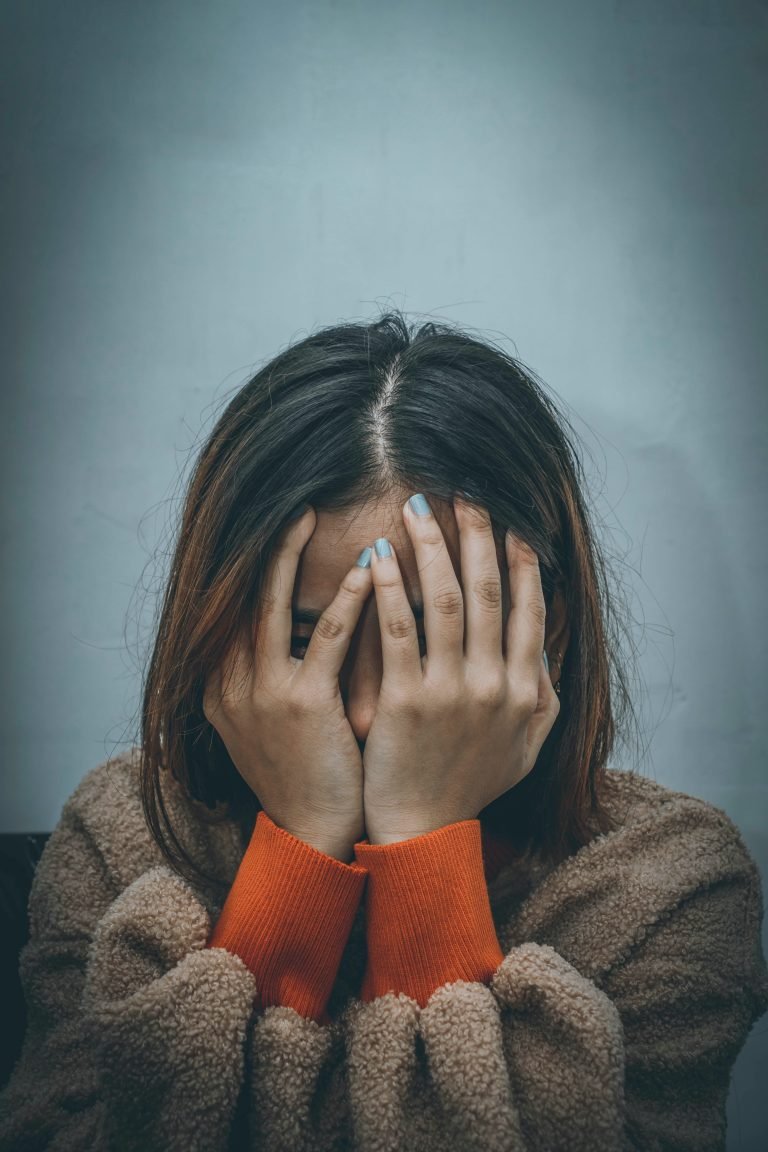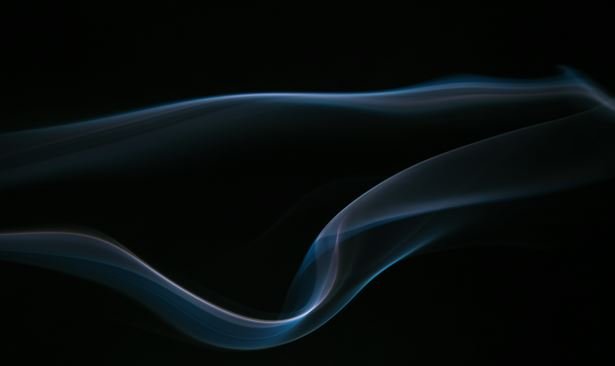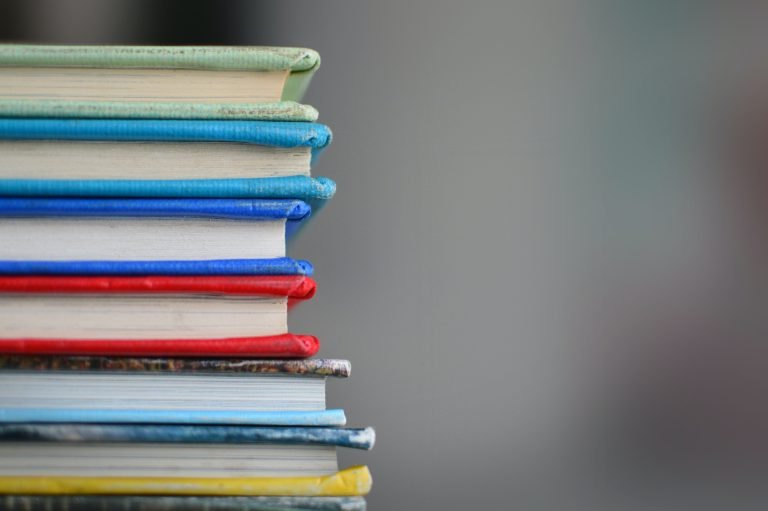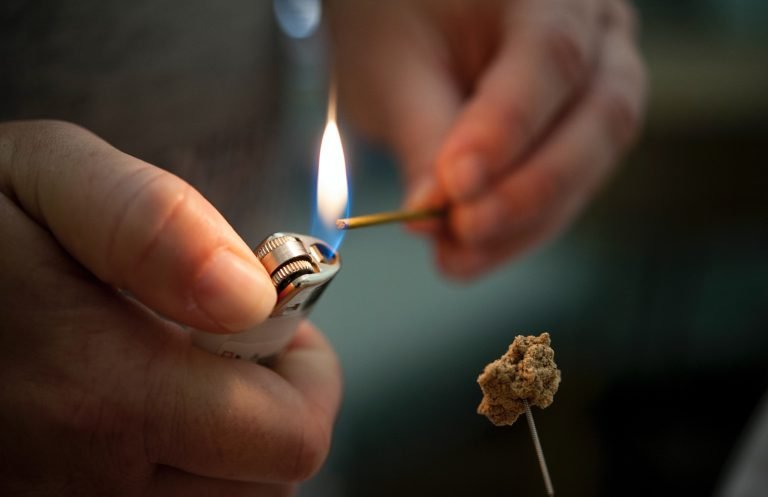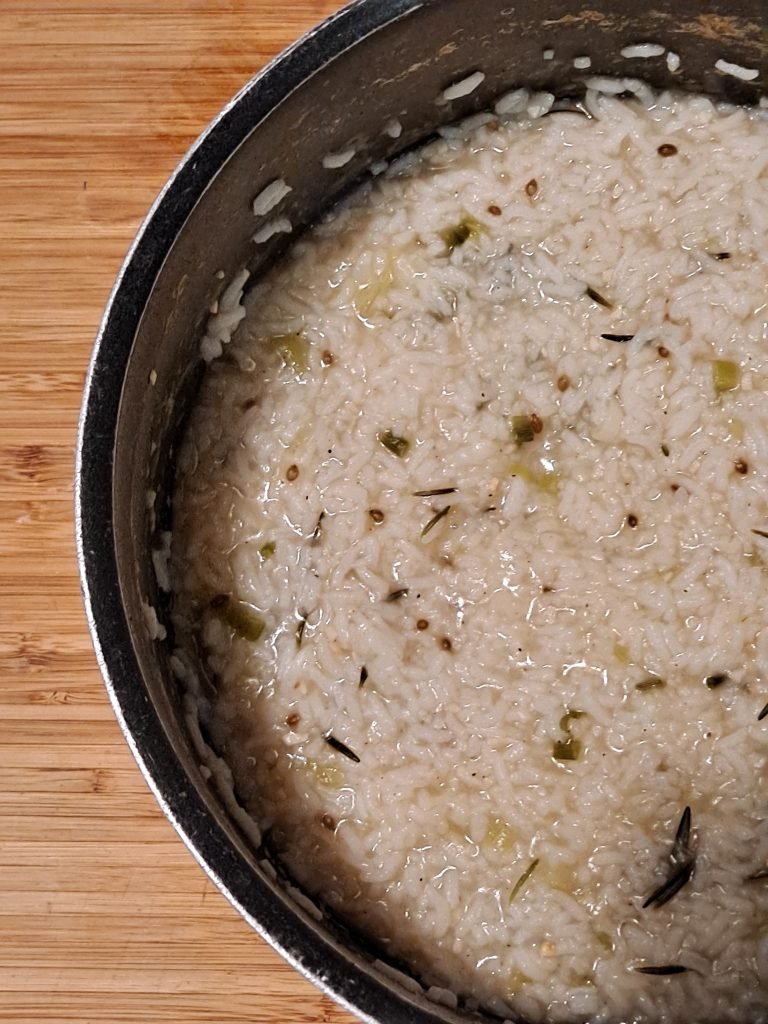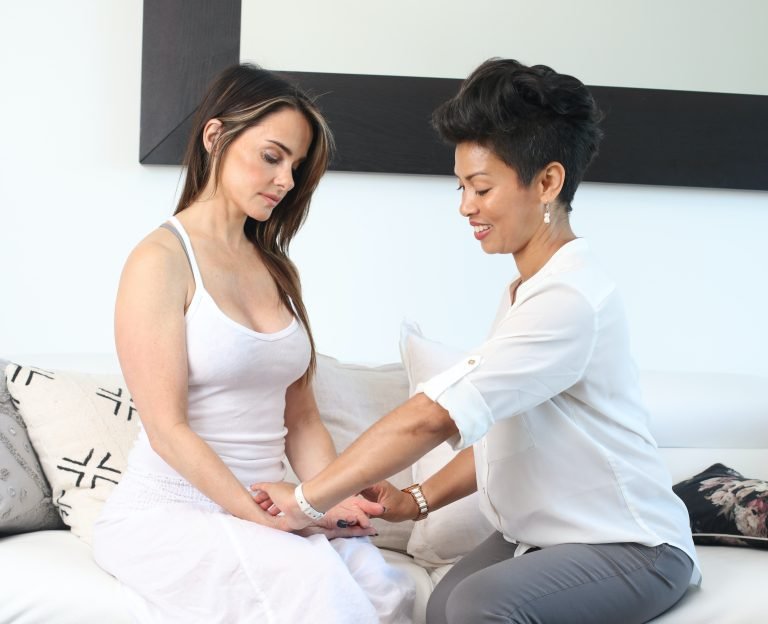This is it. You finally decided to try acupuncture. Your first visit is scheduled. What will it be like? What do you need to do to prepare? Here is your place to learn how it all works.
Before the Appointment:
- Eat food. Acupuncture can cause a short-term drop in blood sugar, leaving an individual feeling light headed and dizzy. The way to avoid this is by eating a light meal or snack beforehand. Avoid eating heavy meals, fried food, and caffeine right before a treatment.
- Don’t brush your tongue. In Chinese medicine, the color, shape, and coatings on the tongue are used as a diagnostic method. When someone brushes their tongue the day of a treatment, it prevents acupuncturists from gathering more information about what is happening in their body at that moment.
- Wear comfortable clothes, particularly pants that can be easily rolled up to knee level. An acupuncturist may ask you to remove clothing to access certain points especially if clothing is too tight or difficult to move. They will provide a hospital-like gown or sheet to cover you and leave the room while you change.
- Go to the bathroom. Depending on the style of your acupuncturist, you will be resting on the massage table for about 15 to 30 minutes. Once you are on the table with needles in you, it is hard to leave. If you need to go or usually experience urgency or frequency, do it before you get on the table.
- Have a chief complaint. In the state of Oregon, where I am living and learning, many people use the Medicaid health insurance called CareOregon. CareOregon only pays for acupuncture for specific conditions, such as back pain, neck pain, generalized body pain, and smoking cessation. Acupuncture helps with these conditions very efficiently, but also so many more things. For patients with CareOregon insurance, we always list their chief complaint as what the insurance will pay for and then treat them for all of their other conditions. If you are using insurance for acupuncture, make sure you look into the rules from the insurance company on what they can treat.
- If you are a menstruating woman, know what day you are on your menstrual cycle. Acupuncture is very effective in helping with menstrual difficulties and if you are menstruating while seeing the acupuncturist for another chief complaint, they will use this information to put some needles in to support you where you are at in your cycle.
At the Appointment:
When you come to an acupuncture appointment, you will be taken to a private room where you will be asked many questions about your chief complaint. Because Chinese medicine is holistic and looks at how all the different parts of the body are connected, you will be asked about all the different parts of your body, from very physical things like musculoskeletal pain and digestion, to less physical things like energy level, mood, and sleep. As stated above, if you are a menstruating woman, you will be asked about your cycle. All of this information is important to help your acupuncturist more accurately diagnose you.
The acupuncturist will use two diagnostic methods that are characteristic of Chinese medicine: pulse reading and tongue diagnosis. The acupuncturist will ask to feel your radial pulse, on your wrist just below your thumb. While doing this, they are feeling for subtle sensations which communicate how the organs in the body are working or not working together. When observing the tongue, they look at the shape, color, and coating, and location of certain markings to understand how the body is working.
They will help you get situated on the massage table. They will tell you to lay face up or down depending on if your treatment is on your back or front of your body. They will, with your consent, adjust your clothing to access certain points. They will adjust the temperature of the room and lighting till it is comfortable for you. Often they will have heat lamps or heated tables to keep you warm.
They will then use a variety of techniques and modalities to treat you. I have seen some acupuncturists charge separately for each treatment type. For example, they would schedule and charge needling and cupping treatments separately. My philosophy, and how I have been trained, is to use whatever technique supports the person best and all of those treatments go under the fixed session cost. As you search for acupuncturists, you will find both treatment styles and philosophies.
Some techniques they may use are:
- Insertive needles of varying sizes. Acupuncture needles are very thin, even as thin as a hair, and depending on the style of the acupuncturist, go shallowly into the skin.
- Non-insertive needles. Japanese-style acupuncturists specialize in using a larger metal needle, called a teishin, which they intentionally touch to the skin at an acupoint and create a powerful effect. This is a great technique for children or those who are sensitive to needles.
- Cupping. For more details, see this article on cupping.
- Moxibustion (aka “Moxa”). Moxa is the use of the mugwort herb to heat the skin at different acupuncture points. It is great at boosting the immune system and there are many studies attempting to explain its great benefits. More on this next month!
- Shiatsu massage. Shiatsu is a Japanese form of massage that uses rocking, tapping, and pressing techniques along the meridians of the body. Not every acupuncturist would be trained in Shiatsu.
- Craniosacral Therapy. Craniosacral therapy uses gentle touch and movements to help the body get back into a calming rhythm. Not every acupuncturist would be trained in Craniosacral therapy.
- Sound Therapies. Some practitioners use the power of sound with tuning forks and singing bowls to amplify the acupuncture treatment. Not every acupuncturist would use these tools or has the training to do so.
After your treatment, your acupuncturist may recommend herbal formulas. Chinese herbs work very powerfully to treat all kinds of conditions. The teacher who started my program at my school, Heiner Fruehauf, has a line of herbal formulas which he uses successfully to treat things from colds and insomnia to conditions like lyme disease and cancer. If you have tried a Chinese herbal formula before and it hasn’t worked for some reason, go back and get a new one. It wasn’t right for you and there are other options. When your practitioner finds the right one for you, its effects are powerful.
When you get your herbs they will come in one of three forms: bulk, granules, or capsules. Bulk herbs are dried, largely unprocessed herbs, which you would take home, boil in water according to the instructions given, and drink the medicine leached out of the herbs through boiling. Granules are herbs ground up which are added to warm water and drunk. Capsules are great for traveling or those who struggle with the strong tasting herbs, as they can be quickly swallowed. I have found that drinking the herbs instead of just swallowing a capsule has a more powerful effect.
The acupuncturist will either provide you with the herbs or tell you where to get them. You will then be sent home until next time.
After the Appointment:
- Drink water. These different acu-therapies are gently or strongly reminding your body how to get back in balance. It may take several hours or days for the treatment to be fully processed by the body. Drinking water will help with that processing.
- Take it slow. Usually those who receive acupuncture feel relaxed and sometimes tired afterward. These feelings are a good reminder to take it slow and nourish your body.
- Cover up, especially after cupping. After receiving cupping, you will usually have sha markings from where the cup was placed. These areas are particularly susceptible to wind and cold, so keep them covered up! I’ve even heard it recommended to avoid cold showers after getting cupping as the cold can enter the body and cause other problems that would bring you back to the acupuncturist sooner than you might want.
How often do I need acupuncture?
It depends on what you are getting treated for. I talked to an acupuncturist who went to study in China for a few months and met a man who was paralyzed, but had been receiving acupuncture every day and he was now walking. Daily treatments are more common in China, and depending on your condition, financial situation, and the availability of your acupuncturist, may be helpful for you. I know some people who go once a month for general maintenance or every one or two weeks for a specific concern. You will need to consult with your acupuncturist on their recommendation.
If you have any other questions about acupuncture treatments, don’t hesitate to Contact me and I will get back to you quickly!
